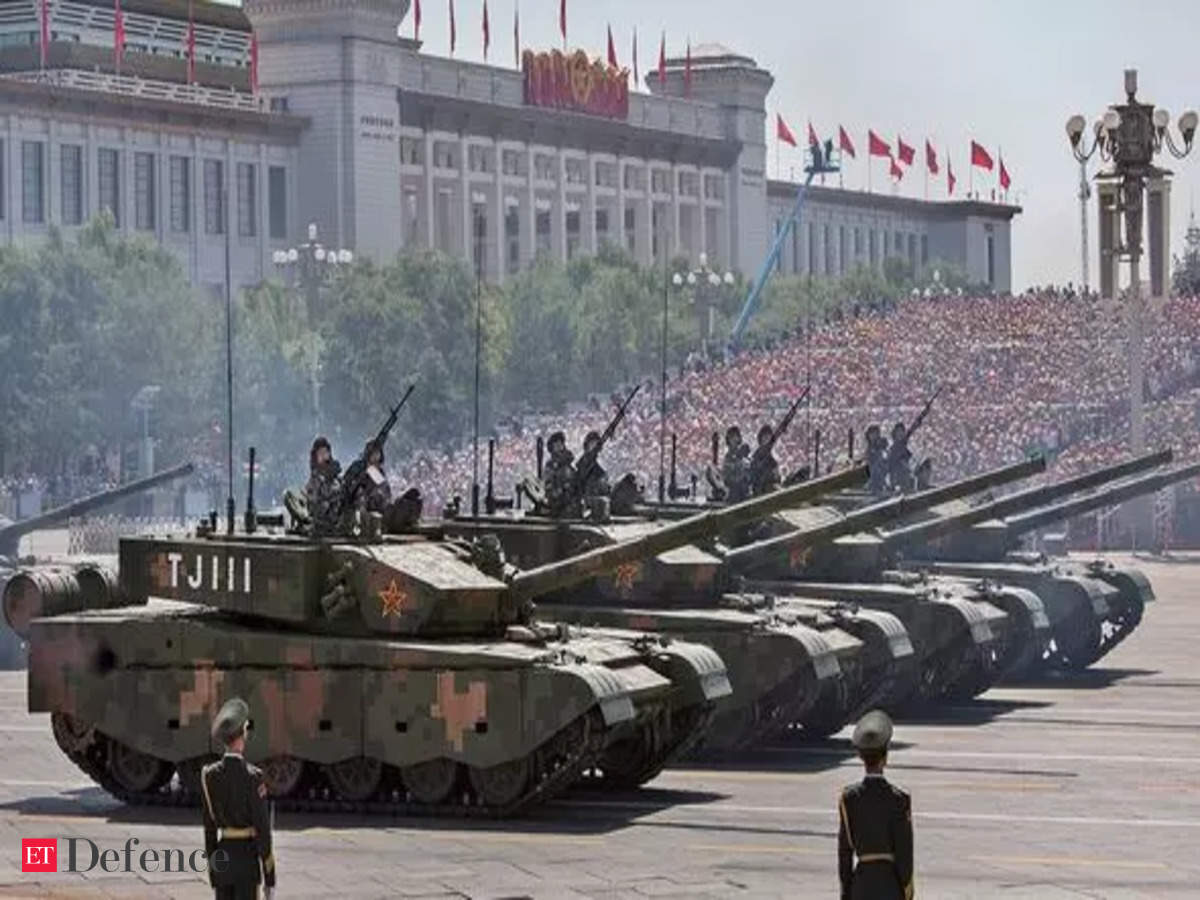Taiwan is set to hold presidential and parliamentary elections this month that will not only determine its democratic future but also serve as a critical flashpoint in the tensions between China and the United States.
The result of the elections, to be held on January 13, will have a significant impact on the global and regional dynamics in the South China Sea and in its relationship with neighbouring countries like Japan as Taiwan looks to assert its autonomy in the face of China’s sovereignty claims.
Of the 2.36 crore population, 1.94 crore Taiwanese are eligible to vote in Saturday’s presidential election, reported the local Taipei Times, quoting the nation’s Central Election Commission. The next President of Taiwan will be sworn in on May 20, 2024.
The main players
The three primary political contenders contesting the upcoming elections are Lai Ching-te (aka William Lai) of the ruling Democratic Progressive Party (DPP), Hou Yu-ih of the Kuomintang (KMT) and Ko Wen-je of the Taiwan People’s Party (TPP).
The DPP opposes Beijing’s claims of sovereignty and affirms Taiwan’s independence from China, arguing that only the island’s people can determine their destiny. The KMT, which strongly denies being pro-Beijing, favours closer connections with China — it had, after all, ruled China until escaping to Taiwan in 1949 after losing a civil war to the Communists. TPP too aims to re-establish ties with China.
A few other minor parties are running in the legislative elections, such as the pro-China New Party and the pro-independence Taiwan Statebuilding Party. However, a Reuters report says that they are unlikely to win many or any seats.
DPP’s Lai Ching-te, who is a doctor-turned-politician, is Taiwan’s current Vice President and the party’s presidential candidate after sitting President Tsai Ing-wen was ruled out for re-election due to term limits. Lai has stated that he is not interested in changing Taiwan’s official name (Republic of China). His party has painted the KMT and its presidential candidate, Hou Yu-ih, as pro-Beijing, as per a Reuters report.
Advertisement
KMT’s presidential candidate Hou Yu-ih is the current mayor of New Taipei City. As per an Associated Press report, he has proposed that reuniting with Beijing can help Taiwan strengthen the island’s defence capabilities.
Ko Wen-je, the presidential candidate for the TPP, has urged voters to choose a leader “who can solve problems” and referred to the 2024 election as a fight between “old forces” and “new politics “, according to media reports.
Meanwhile, the United States has maintained a policy of “strategic ambiguity,” meaning that it is not yet apparent how much or what kind of help it will provide to Taiwan if China attempts a forced reunification. A BBC report said that the US has a significant naval presence in the area surrounding Taiwan, including military bases spanning from Australia in the south to Japan in the north. This means that any escalation in China-Taiwan could potentially spiral into a global issue. Taiwan is also an important hub for international trade, with about half of all container ships in the world passing through the strait every year. Any disturbance in the region could spell disaster for the international economy.
Advertisement
Taiwan’s future president will be responsible for overseeing these numerous options and alliances, as well as the crucial US relationship which is in itself volatile due to the upcoming 2024 US Presidential elections.
China’s stance
In a statement, China’s Taiwan Affairs Office described Lai as an “obstinate Taiwan independence worker” who will advance separatist efforts if elected, reported Reuters.
“I sincerely hope the majority of Taiwan compatriots recognise the extreme harm of the DPP’s ‘Taiwan independence’ line and the extreme danger of Lai Ching-te’s triggering of cross-Strait confrontation and conflict, and to make the right choice at the crossroads of cross-Strait relations,” it said, as per the Reuters.
The Chinese Communist Party (CCP) believes that Taiwan is a part of the People’s Republic of China. The CCP is committed to Taiwan’s reunification with China, and it hasn’t ruled out using force to achieve this aim, but a growing percentage of Taiwanese identify as Taiwanese rather than Chinese. Their preference is largely to maintain minimal or no ties to Beijing and its governance.



